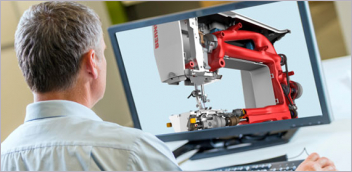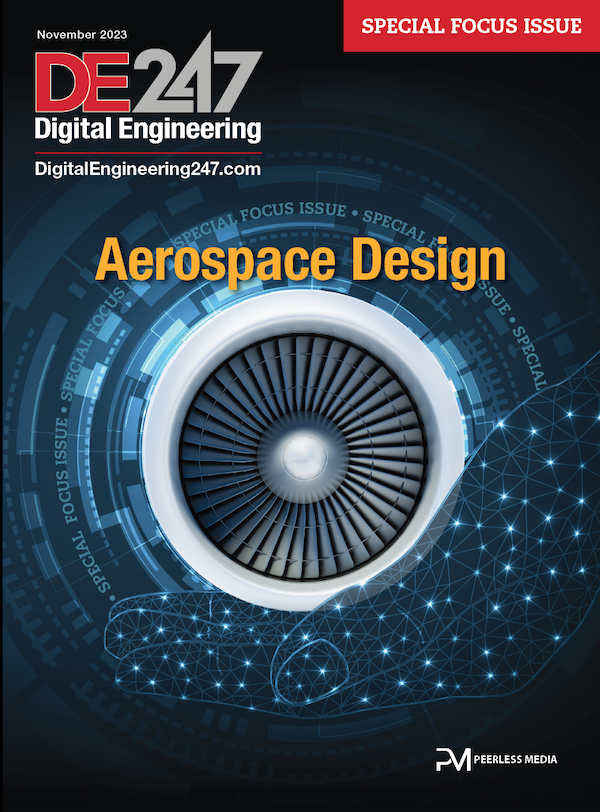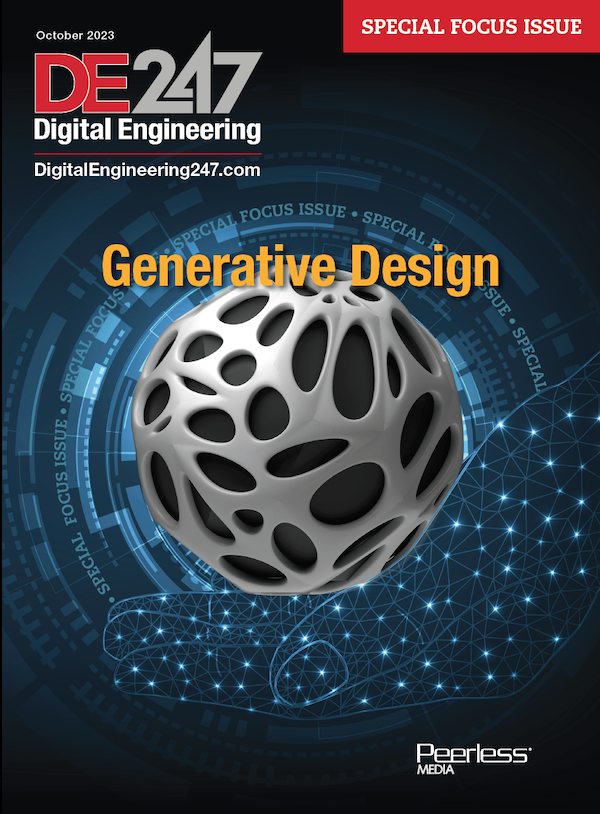
The design challenge demonstrated capacity of the global technical community as a tremendous force for good. Image courtesy of E4C.
Latest News
December 1, 2020
The Innovate for Impact challenge began in February 2020 as a call to action for socially minded engineers and hardware innovators to address two United Nations sustainable development goals: zero hunger and clean water. This spirit of open innovation is at the heart of the Innovate for Impact: Siemens Design Challenge, an initiative created by Siemens, in collaboration with The American Society of Mechanical Engineers (ASME) and Engineering for Change (E4C).
John Miller is the senior vice president of mainstream engineering software for Siemens Digital Industries Software. Miller worked with Iana Aranda, director of engineering global development programs for the ASME and president of E4C. We spoke to them to learn about how the competition works.
Digital Engineering: Can you provide an overview of the competition, how it came to be and the intent of the program?
John Miller: Participants made up of engineering students, practicing engineers, faculty, Siemens employees, entrepreneurs and global development practitioners from 34 countries, representing 43 universities, took part in the challenge and proposed more than 220 solutions addressing the quality of life in underserved communities.
E4C, a platform and community from the ASME, architected the application and evaluation process, educated participants on human-centered design principles and provided a variety of other tools and resources. Siemens provided free access and training on cutting-edge technology tools for digital design and engineering from its Xcelerator portfolio.
DE: Can you tell us about some of the designs that are part of the event and how they came to be?
Miller: For the Zero Hunger Track, finalists are:
- EcoLife Cold Room: Hadijah Nantambi, Ian Williams and Kyle Gaiser, Uganda and U.S.; a cold room for fresh produce that prioritizes cooperative design, affordability, sustainability and technological innovation to benefit rural produce farmers in central and southern Uganda.
- Hybrid Multi-Crop Greenhouse Dryer: Mobolaji Oluyimika Omobowale, Nigeria; solar drying at a large scale that mitigates post-harvest loss of grains, fruit and vegetables among sub-Saharan African farmers.
- OnlyFresh: Chuma Asuzu, Canada; a standalone refrigerated unit for transporting fresh vegetables that will assist farmers, distributors and retailers in Nigeria.
- Solar Thermal Absorptive Refrigerator (STAR): Angelica Errigo, Brianna Dooley, Sergio Andre Jordan Villena, Sandra Vergara Davila and Dr. Amy Ciric, U.S. and Peru; a reliable, sustainable charcoal and ethanol refrigeration unit that increases food safety for rural farmers and consumers in Peru.

The Clean Water Track finalists are:
- Apu uya Wuin: The Guardian of Water: Jhonn Aguilar, Manuel Mejia, Monica Gutierrez, Aliex Trujillo, Colombia; a ready-to-assemble device for solar water desalination augmented with an education strategy to assure social appropriation of the technology for the Parenskat-Wayuu ethnic community in the arid region of La Guajira, Colombia.
- Desalination Battery for Electrochemical Brackish Water Treatment: Lukas Hackl and Bilen Akuzum, U.S. and Germany; an electrochemical desalination system with significant energy efficiency and system scalability advantages over reverse osmosis and distillation methods that help almond and cashew farmers in California’s Central Valley and globally.
- Desalination for Santa Elena Communities, El Real—Francisco X. Plaza, Ecuador Humidification and dehumidification technology that will provide a steady supply of potable water to reactivate the economy of drought impacted coastal communities in the Santa Elena province of Ecuador.
- Water Water Everywhere—Daniel Hodges, U.S.; a wind-powered vacuum distillation system to help water-stressed coastal small families around the world.
Individuals as well as newly formed teams collaborated in the development and design of new ideas to address these two important sustainable development goals (SDGs). Over the course of the challenge phases participants were required to submit their project research, CAD drawings and simulation results. In the third and final phase of the challenge finalists will be required to submit their final design files, a presentation summary of their project and a pitch video.
Inspirations for the designs ranged from wanting to create sustainable solutions for society, to ensuring no community goes without access to clean water.
DE: Can you provide some examples of what the event has produced or what you expect it to produce?
Miller: There were more than 220 applications submitted from 34 countries, representing 43 universities. Winners were to be announced in September 2020.
Winners will meet the CEO at Siemens and be featured in an innovation event where they can interact with corporate leaders and present the teams’ design. Finalists and winners will be promoted globally via the E4C platform, social channels and affiliate media channels.

DE: Are there any academic partners/universities involved in this design competition?
Miller: In addition to the faculty and student participants from more than 43 universities, our judging process integrates academic institutions from the E4C Research Fellows (many of whom are graduate students) and judges (faculty from leading universities):
- Julie Korak, assistant professor, University of Colorado, Boulder. Expertise: Desalination Technologies;
- Natasha Wright, mechanical engineer, assistant professor, University of Minnesota—expertise: desalination technologies;
- Laura MacDonald, managing director, Mortenson Center of Global Engineering—expertise: water and sanitation.
DE: Anything else you’d like to tell us about the event that the above questions haven’t given you the opportunity to express?
Iana Aranda: The diverse teams and unique solutions assembled through the Innovate for Impact: Siemens Design Challenge demonstrate the capacity of the global technical community as a tremendous force for good. While the COVID-19 pandemic has imposed limits around the globe, this digital challenge shows us that there are no limits to the social innovation drive of our community.
More Siemens Digital Industries Software Coverage
Subscribe to our FREE magazine, FREE email newsletters or both!
Latest News
About the Author
Jim Romeo is a freelance writer based in Chesapeake, VA. Send e-mail about this article to DE-Editors@digitaleng.news.
Follow DE





